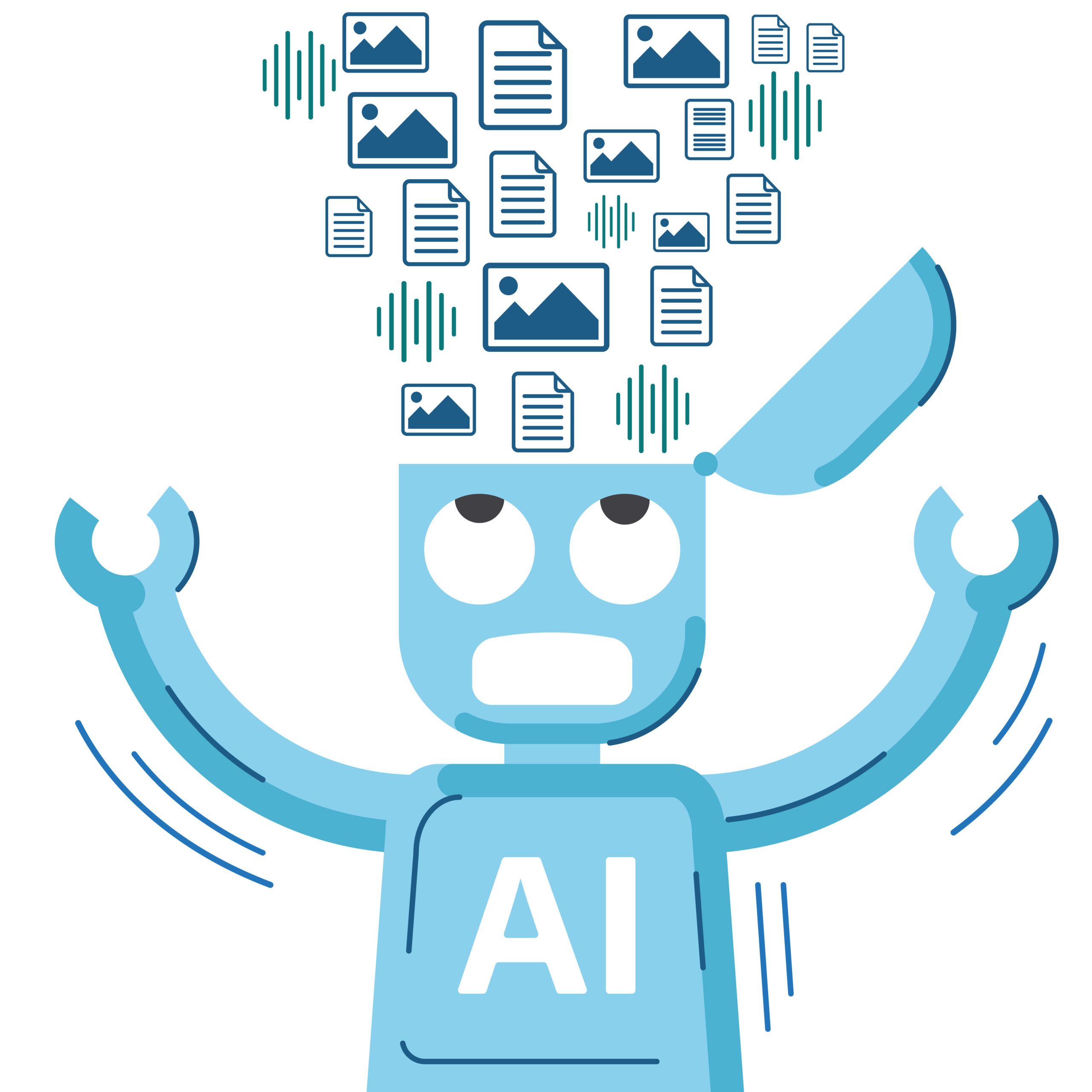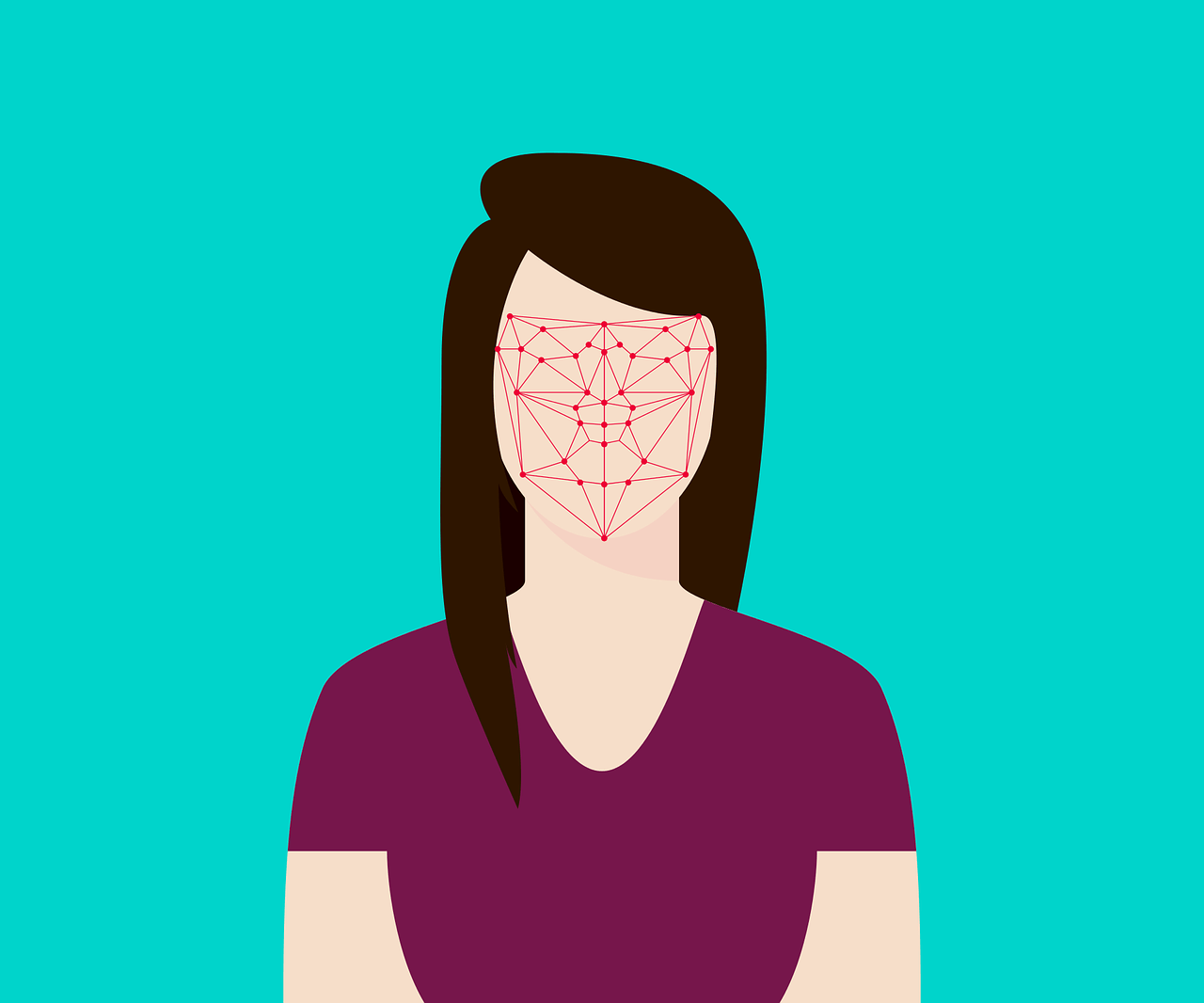
The EU AI Law is a legislative proposal aimed at regulating the use of artificial intelligence in the European Union. It sets clear rules in three risk categories: unacceptable, high, and limited. It prohibits unacceptable risk applications, registers high-risk ones, and demands transparency in limited-risk ones. With the establishment of the European Committee on Artificial Intelligence, a global impact on AI supervision is anticipated.
Background of AI regulation in the European Union
The rapid evolution of artificial intelligence has posed ethical and legal challenges requiring clear and specific regulation. The European Union has recognized the importance of setting standards to ensure the safe and ethical use of this technology.
Proposal of the EU AI Law as a regulatory framework
Classification of AI applications according to risk in the EU AI Law
The EU AI Law establishes a detailed classification for different artificial intelligence applications to manage the risks associated with their use in the European Union.
Applications of unacceptable risk and their prohibition
This category includes AI applications that pose a threat to fundamental rights, democracy, and the environment, which will be directly banned in the territory of the European Union upon the law’s entry into force.
Applications of unacceptable risk and their prohibition
- Use of subliminal techniques.
- Emotion recognition systems.
High-risk applications and their categories
High-risk applications are those that negatively impact the security and fundamental rights of individuals. They are divided into two specific categories:
Categories of AI systems in regulated products
- Toys.
- Aviation.
- Automobiles.
- Medical devices.
Categories of AI systems registered in the EU database
Additionally, eight specific areas are included whose AI systems must be registered in a EU database for evaluation before marketing and during their lifecycle.
Applications of limited risk and their transparency requirements
Finally, limited-risk applications, which pose a minor threat to citizens, must comply with minimum transparency requirements to ensure that users can make informed decisions about their use, especially in the case of generative systems like ChatGPT.
Establishment of the European Committee on Artificial Intelligence
The European Committee on Artificial Intelligence, created under the EU AI Law, is responsible for overseeing the implementation of regulations on artificial intelligence in the European Union.
Functions of the European AI Committee
Monitor compliance with the regulations established in the AI Law.
Assess the impact of AI applications on society and fundamental rights.
Advise European institutions on artificial intelligence matters.
Role of the Spanish Presidency of the EU Council
The Spanish Presidency of the EU Council plays a key role in negotiations and decisions related to the regulation of artificial intelligence in Europe. Its work consists of facilitating consensus among different member states and ensuring a coherent approach to implementing the EU AI Law.
Impact of the EU AI Law globally
The EU AI Law aims not only to regulate the use of artificial intelligence within the borders of the European Union but also to establish a global standard in AI supervision. It is expected that this EU regulation will influence how artificial intelligence is addressed worldwide, promoting transparency, ethics, and respect for fundamental rights in all AI applications.
Expectations of becoming a global AI supervision standard
The law seeks to be a reference for other countries and regions in terms of regulating artificial intelligence. By setting clear and detailed standards for AI use, the European Union aspires to be a leader in implementing ethical and responsible measures in the growing artificial intelligence industry worldwide.
Future perspectives in the regulation of artificial intelligence in Europe
The constant evolution of artificial intelligence technology presents ongoing challenges in terms of regulation and supervision. As AI becomes more integrated into various aspects of our daily lives, it is essential for legislation to stay up to date and adapt to new realities and technological advances.
Possible developments and modifications of the AI Law in the future
- Regular updating of the AI Law to incorporate technological advances and new application scenarios.
- Reinforcement of measures to ensure transparency and accountability in the use of artificial intelligence.
- Flexibility to adapt the regulatory framework to emerging situations and specific cases that may arise in the field of AI.
- International collaboration to establish common standards in the regulation of artificial intelligence globally.





